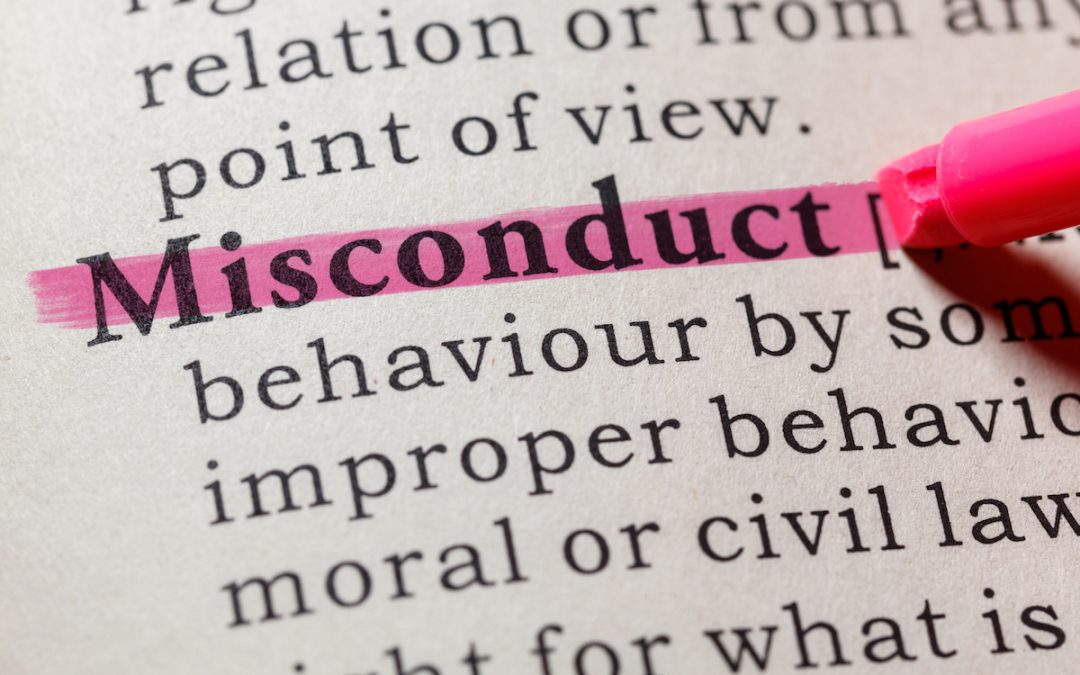When employers are dealing with misconduct allegations, it’s crucial to conduct a thorough investigation. In some cases, witnesses who are interviewed as part of an investigation will ask to remain anonymous. How might this impact on the fairness of any resulting dismissal? If the investigation results in a dismissal, reliance on an anonymous statement could make the dismissal process unfair.
Keeping a witness’s identity secret means the employee being investigated doesn’t get all the information. This can lead to unfairness because the employee might want to say that the witness doesn’t like them or has a reason to lie. Without knowing who the witness is, the employee is at a disadvantage.
Witnesses shouldn’t be automatically given anonymity; it should only be an option if they ask for it. If a witness wants to stay anonymous and their reasons are not strong, try to find the information another way, like through CCTV or recording. Using an anonymous statement should be your last resort, only if you really need that witness’s information and can’t get it any other way.
If you do decide to keep a witness anonymous, follow the steps outlined in the Linfood Cash & Carry Ltd v Thomson case:
- Get a detailed written statement from the witness, explaining how they saw the incident and why they were there.
- Check if the witness has any issues with the employee or any reason to make up a story.
- Do more investigations to see if you can prove or disprove what the witness said.
- Share the witness’s statement with the employee under investigation, but take out any details that could give away who the witness is.
Find out how we can help. Our partner, Jon Dunkley, heads the Wollens specialist Employment Department. Contact him today for an informal chat, without obligation on 01271 342268 or via email at [email protected].



